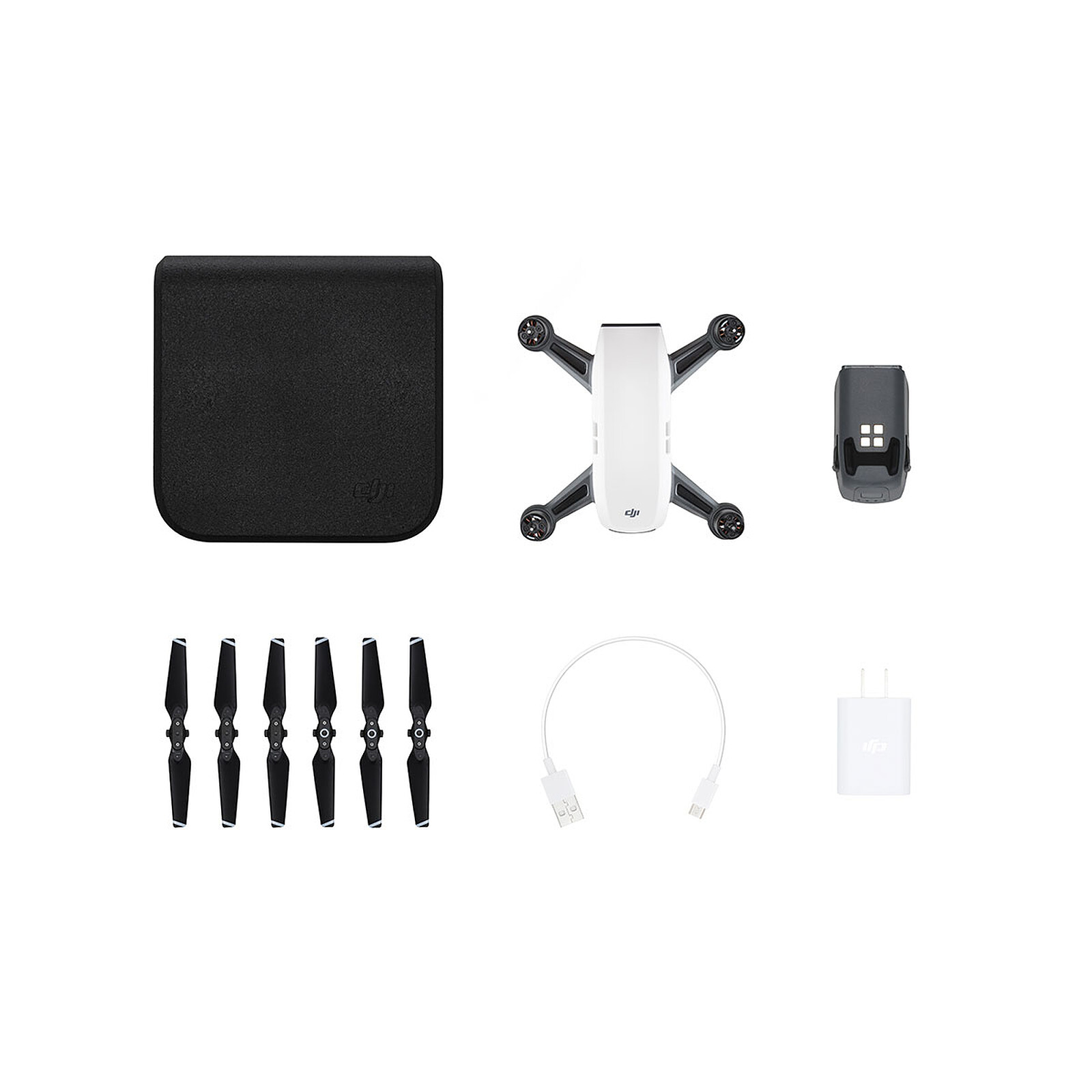
Bingua.com - DJI Spark Portable Mini Drone Quadcopter (Alpine White) + DJI Spark Remote Controller EVERYTHING YOU NEED Starter Bundle

LTGEM funda para Dron DJI Spark, compatible con 4 baterías de Dron, protector de hélice, cargador de batería, control remoto y otros accesorios-Bl - AliExpress Productos electrónicos

DJI Spark Portable Mini Drone Quadcopter Professional Bundle (Alpine White) w/ Remote Controller + 2 Year Extended Warranty - Walmart.com

Foto Ruano - Ya están disponibles las primeras unidades del dron DJI #Spark en nuestra tienda online con garantía oficial y envío gratis. Consíguelo ya en https://www.fotoruanopro.com/es/drones/18258-dji-spark-blanco-mini-dron- alpine-white.html | Facebook

DJI Spark Fly More Combo - Dron cuadricóptero (full hd, 12 mpx, 50 km/h, 16 minutos), Blanco + accesorios : Dji: Amazon.es: Juguetes y juegos

DJI Spark Alpine White Drone Quadcopter and Battery`s in a Carrying Case. Editorial Stock Image - Image of case, illustrative: 106155484



















